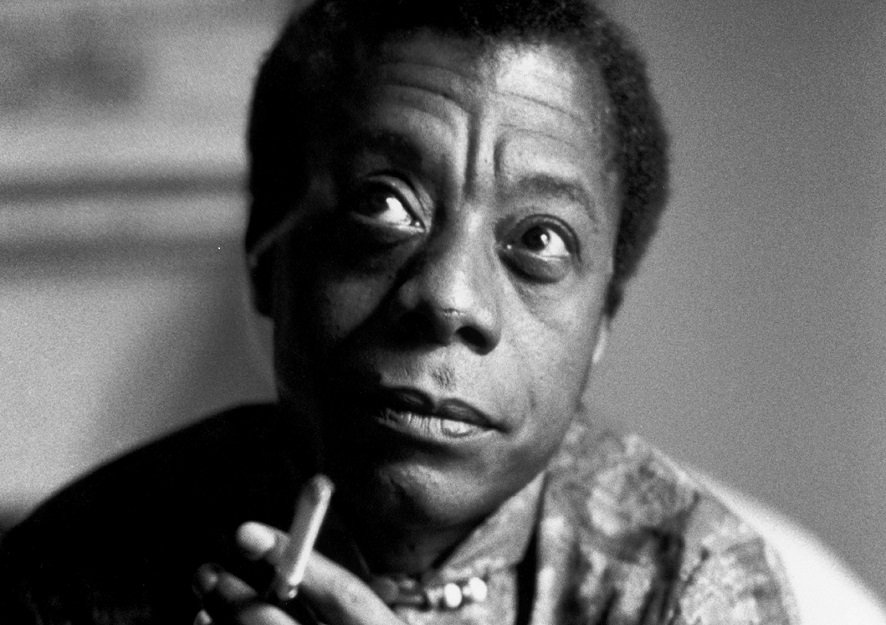James Baldwin
This is ostensibly supposed to be a book review in the way I normally do them, but that doesn’t feel like the right way to go about it. For a variety of reasons, really: firstly, because most of what I review is fiction, and this was only partially that, if at all; and secondly, because it’s just a different sort of book than I usually do.1
James Baldwin was, I’ve learned, a Figure in the civil rights campaigns. To be honest, before I started the project of reading this book, I hadn’t really heard of him. The first references I got to his work were as quotes in essays I proofread for a friend of mine; it took me a while to catch on to the fact that I was seeing the same name come up over and over. (That friend went on to write a thesis about Baldwin; I believe it’s available online, and I’d recommend reading it, if only so you get a better look at Baldwin’s work than I’ll be able to give here.)
The Essays cover a variety of things, but the core component is the relationship between Black and White in America. Which I’m hardly qualified to talk about; again, I’ll point you to that thesis, or just directly to Baldwin’s writings, because both are far better takes than anything I can come up with.
Content aside, Baldwin is a great writer, and a powerful speaker; if you get a chance, check out some of his speeches, they’re certainly on YouTube by now.
The one caveat I’ll give this book is that you shouldn’t plan on finishing it in one sitting, or even a handful; it’s a book that demands effort. Even just from the physical standpoint — it’s 800-plus pages, in the edition I have, fine print on the Bible-like thin paper. It demands endurance, and you can’t really power through it like I tend to with books; after, at most, 100 pages, I had to put it down and give my brain time to process through things, because after a while you start to feel like a river is pouring through your head, in one ear and out the other.
Which isn’t to say you shouldn’t read it, because you absolutely should. I’m glad I put the time into it, and I suspect I’ll be budgeting time for another run at it again sometime in the future.2
- I’ve reviewed one other collection of essays, that I can remember: “The Control of Nature”, which I adored. But that was also different; the essays were about Man’s relationship to Nature, and not Man against Man and Society, or whatnot. I dunno, I’m trying to remember terminology from the last literature class I took, which was either three or four years ago, depending on how you count things. ↩
-
And, tacked on here as a footnote because I couldn’t leave it out, but I also couldn’t work it in anywhere else: a couple people who’d read his work before had lead me to believe that he was queer in the way that Shakespeare was — rumored or hinted at, but never really confirmed one way or the other. I can only assume, from that stance, that they hadn’t read the last two essays in the collection, because the final essay includes a description of a young man that begins with “We were never lovers: for what it’s worth, I think I wish we had been.”
The essay before is even more explicit, I’d say, in that it devotes several pages to talking about Baldwin’s experiences in what are, today, equivalent to gay bars and bathhouses; perhaps my favorite part is the little editorial note at the end that consists of the year it was published and the fact that it was first published in Playboy. ↩
